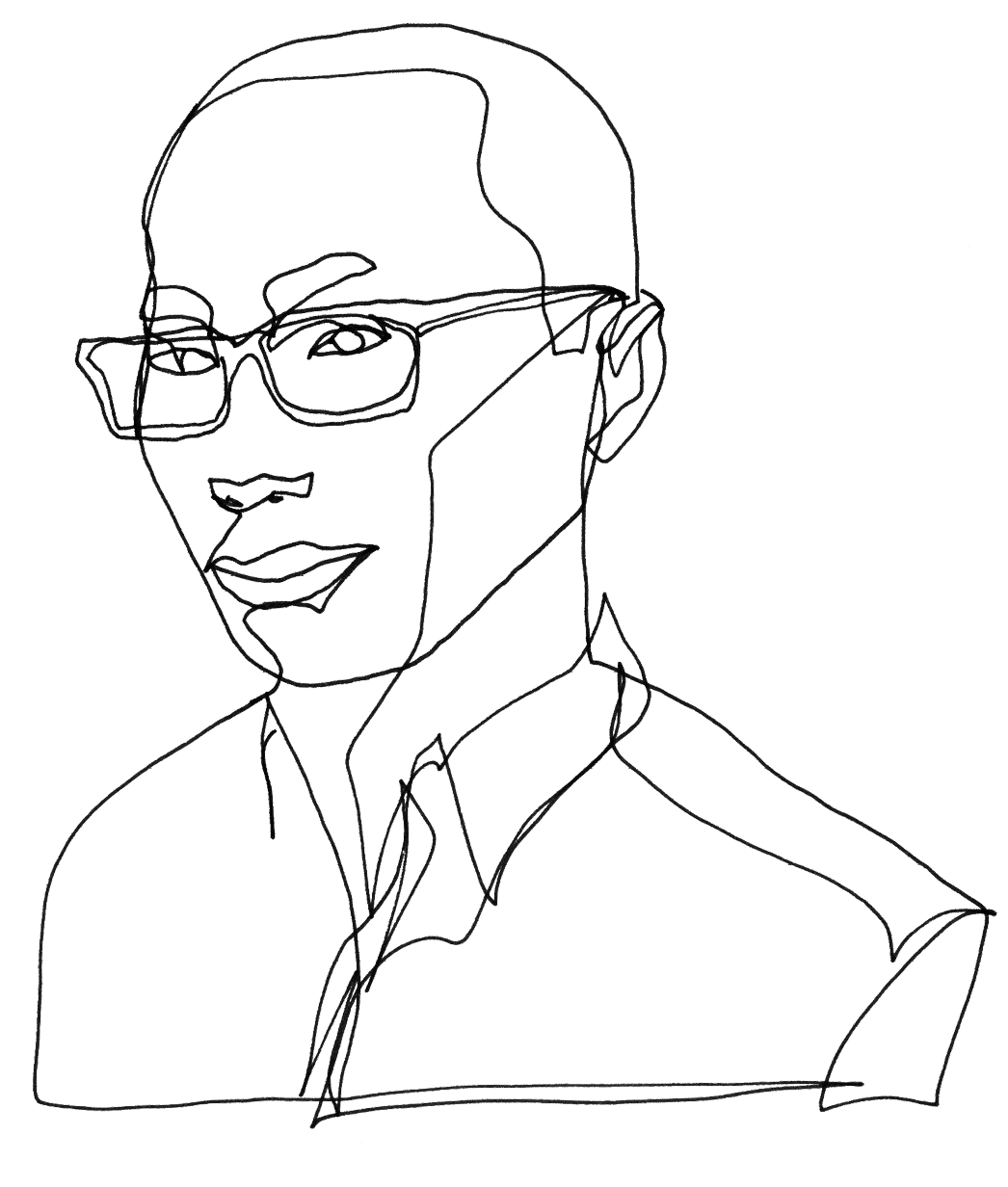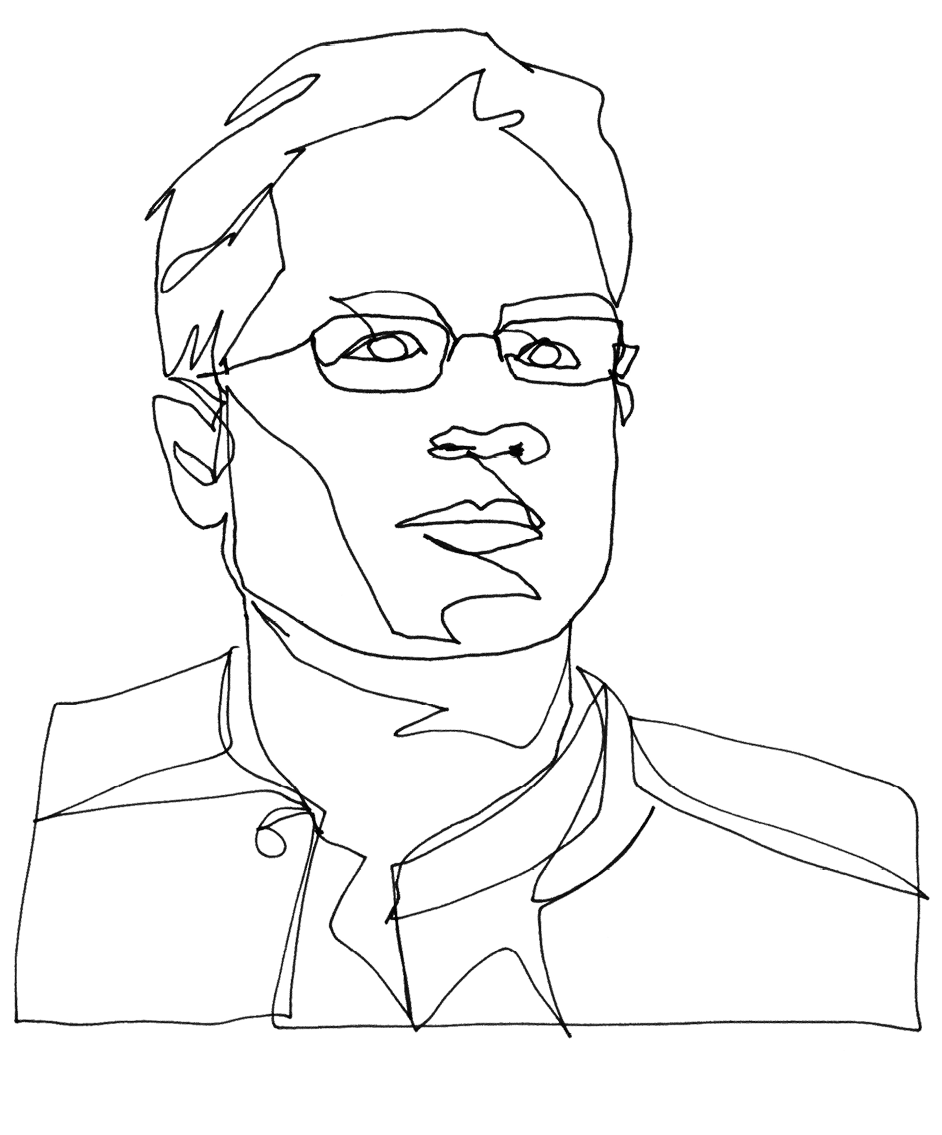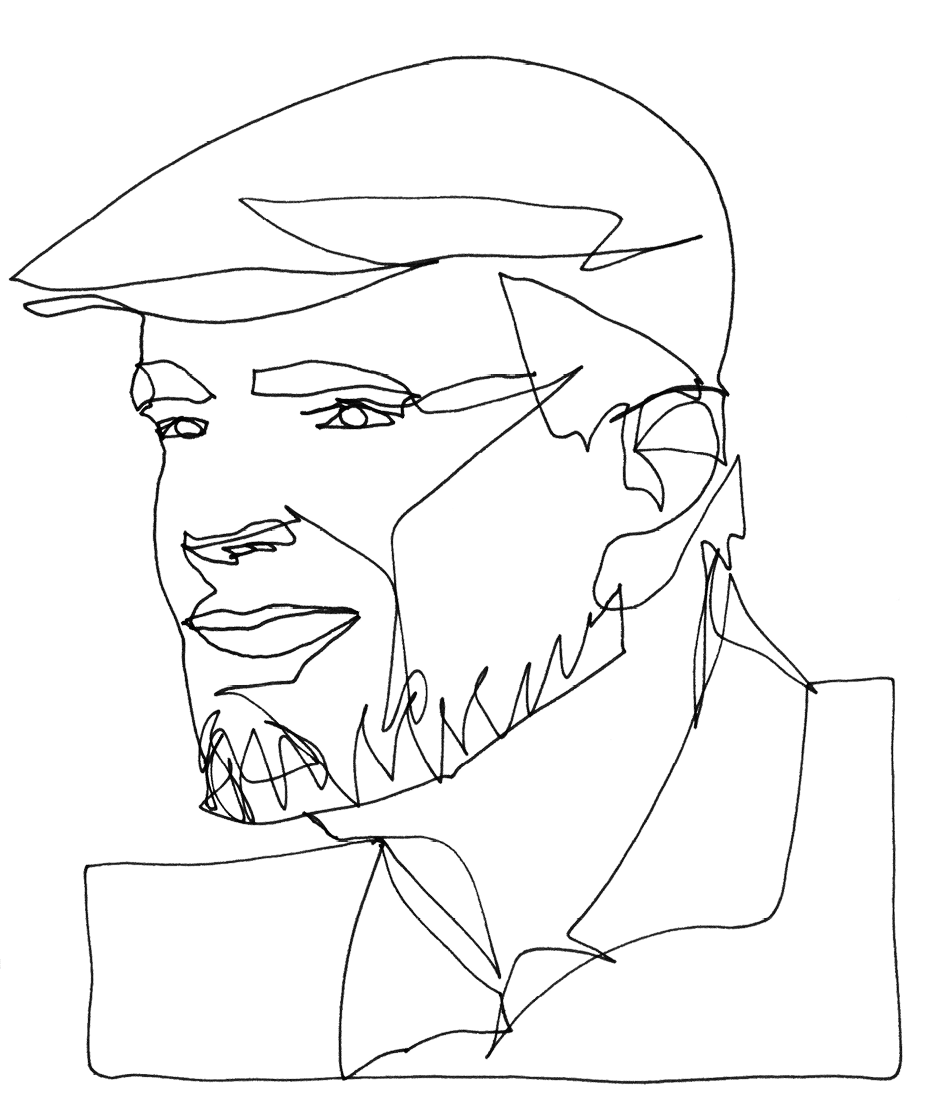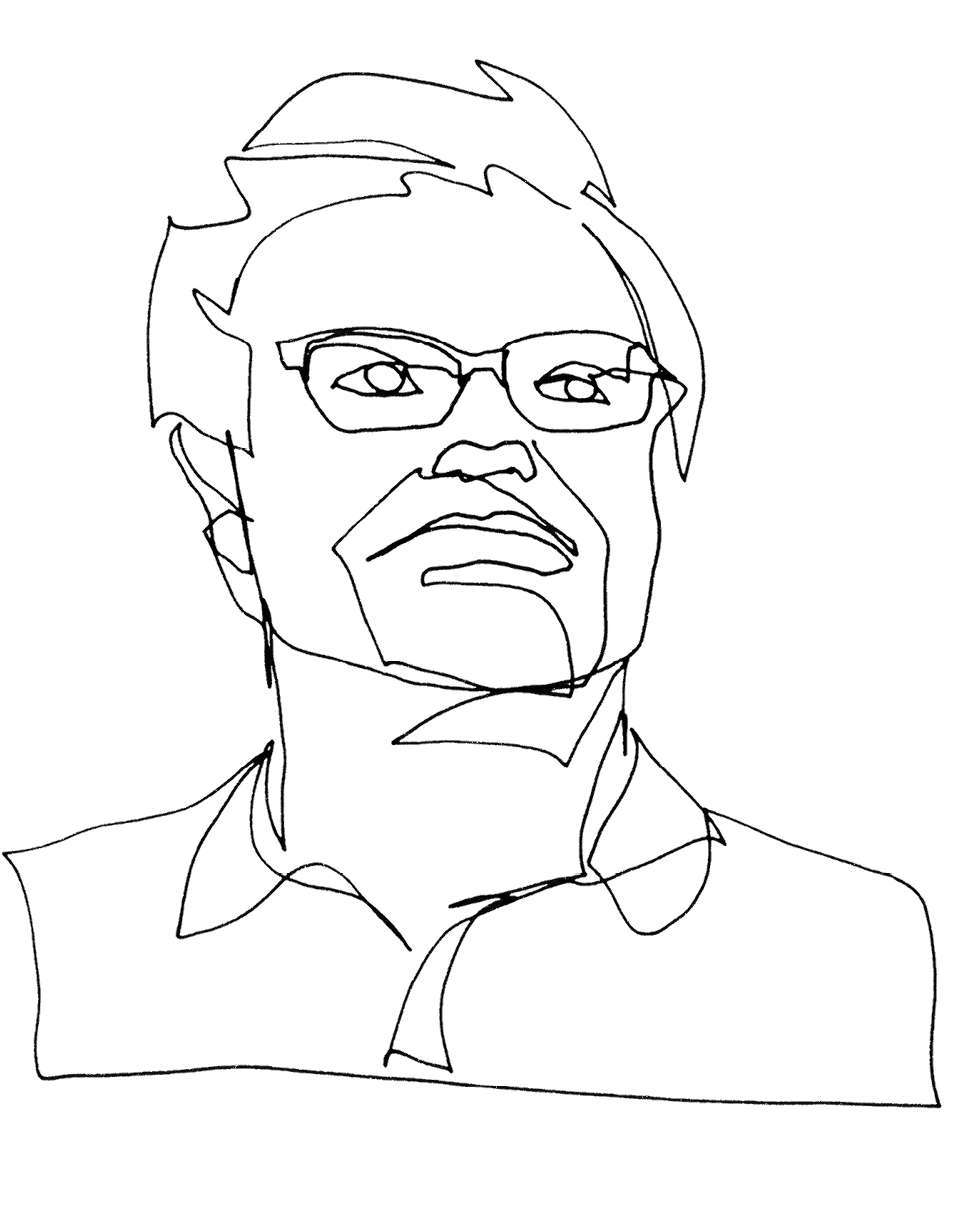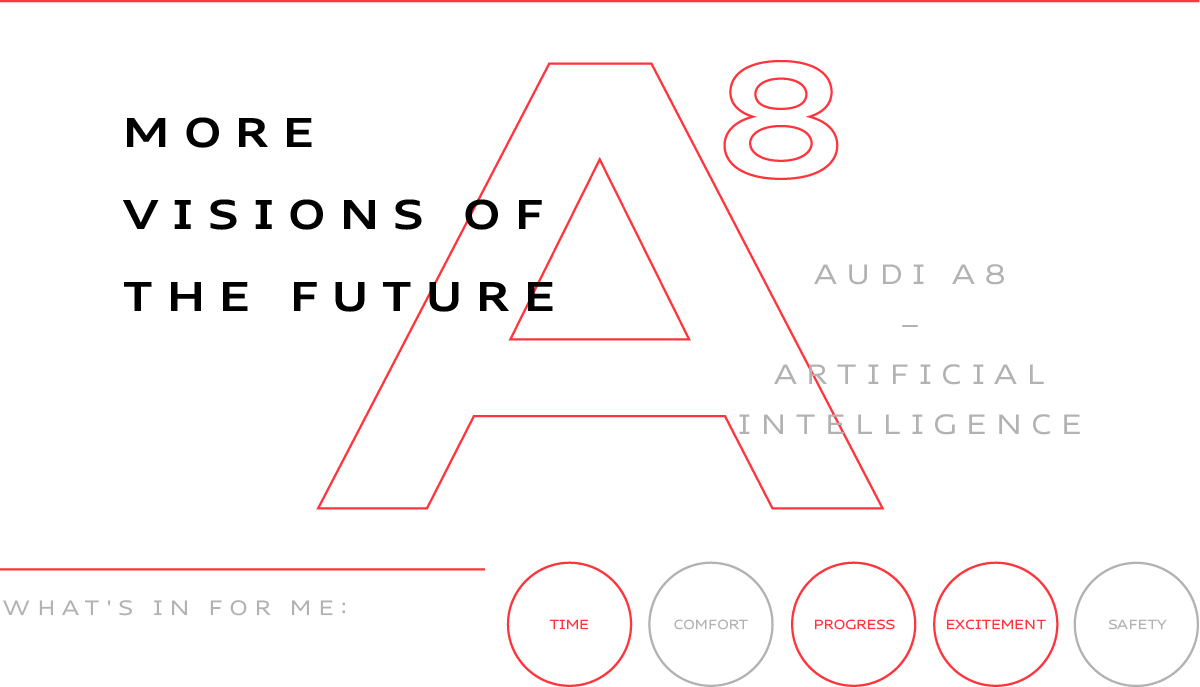
From digital assistants capable of learning to piloted driving—relying on artificial intelligence (AI) will soon be a matter of course for many aspects of everyday life. Seven pioneers in the field of AI and their visions of tomorrow’s world.
Steffan Heuer (copy) & Boris Schmitz (illustration)AI will redefine the relationship between human and computers.
“The industrial revolution freed humanity from much repetitive physical drudgery. I now want AI to free humanity from repetitive mental drudgery.” Researcher Andrew Ng is confident that machine intelligence will enrich people’s lives, giving them more time and personal freedom.


Artificial intelligence (AI) is a branch of computer science and a key technology for such fields as piloted driving. By simulating the mechanisms behind intelligent human behavior, computer programs are capable of assuming tasks usually performed by people and continuing to develop independently.
AI is a game changer in the car. Assistance systems are getting more intelligent all the time—parking on their own, automatically keeping a safe distance from other vehicles, using learned movement patterns to suggest the best route—thus forming the foundation for the forward-looking technology of piloted driving.

